Investing
Warren Buffett Is Worried: These Are His 5 Safest Blue-Chip Dividend Stocks

Published:

24/7 Wall St. Insights
If any investor has stood the test of time, it’s Warren Buffett, and with good reason. For years, the “Oracle of Omaha” has had a rock-star-like presence in the investing world. His annual Berkshire Hathaway shareholders meeting draws thousands of loyal fans who are investors.
Known for his long buy-and-hold strategies and massive portfolio of public and private holdings, he remains one of the world’s preeminent investors. With interest rates poised to move lower, adding Buffett dividend-paying stocks that will rally as bond yields drop makes sense.
It’s been widely reported that Buffett has amassed a massive $270 billion pile of cash, likely sitting in short-term Treasury bills and paying up to 5%. His massive sale of Apple Inc. (NASDAQ: AAPL) and Bank of America Corp. (NYSE: BAC) have been the major contributors to the gigantic cash holdings. While he rarely sells long-term winners, as he has massive gains in both stocks, many feel there may be more to the equation.
As Buffett sits on the most cash Berkshire Hathaway has ever had, investors wonder what he is worried about. Are the political winds signaling a change in Washington, D.C.? Is the extraordinarily overbought and bloated stock market a concern? Are geopolitical worries continuing as wars rage in the Middle East and Ukraine? Whatever the case, we decided to scan the portfolio for the safest stocks that pay dependable dividends. Five top companies stand out, all rated Buy at top Wall Street firms.
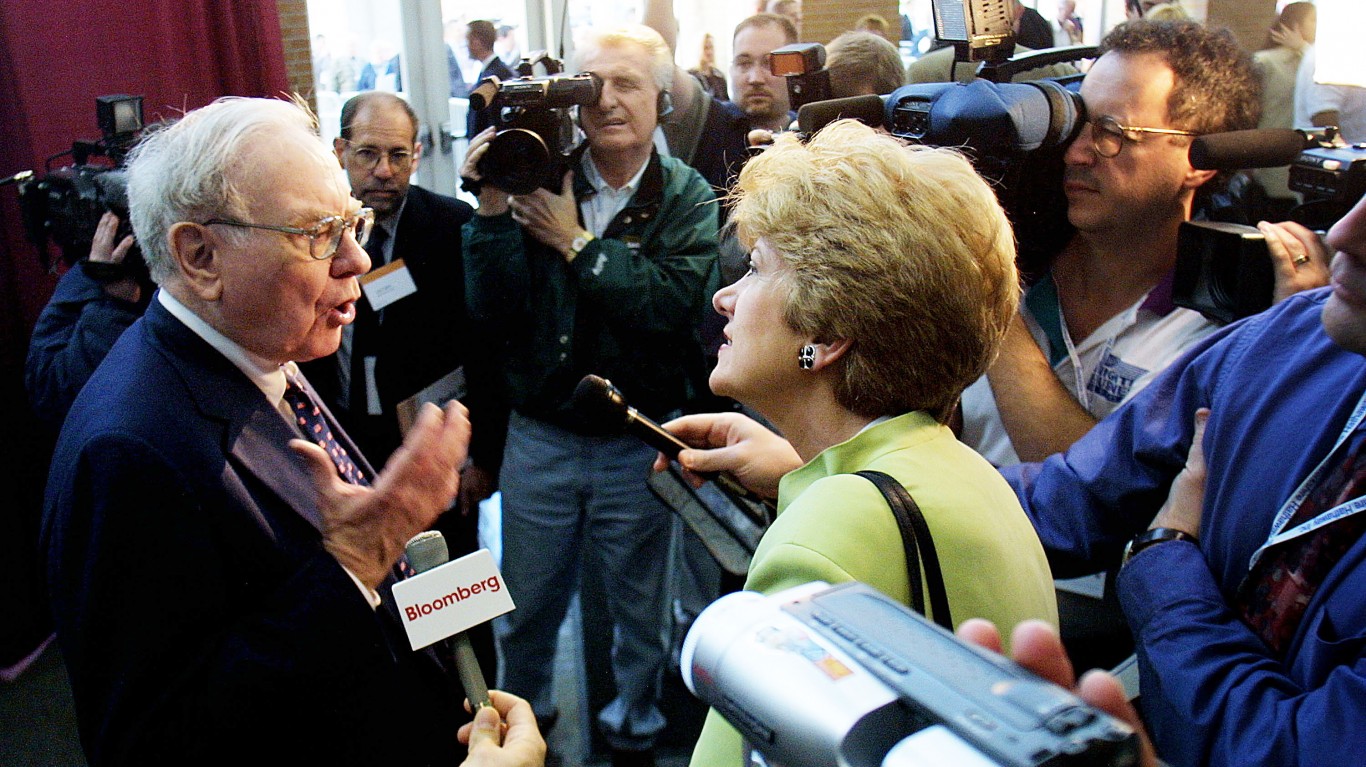
There are few investors with the results and the reputation Buffett has garnered over the last 50 years, and while investing has changed over the previous half-century, buying good companies with products and services that are known worldwide while paying dividends will always stay in style.
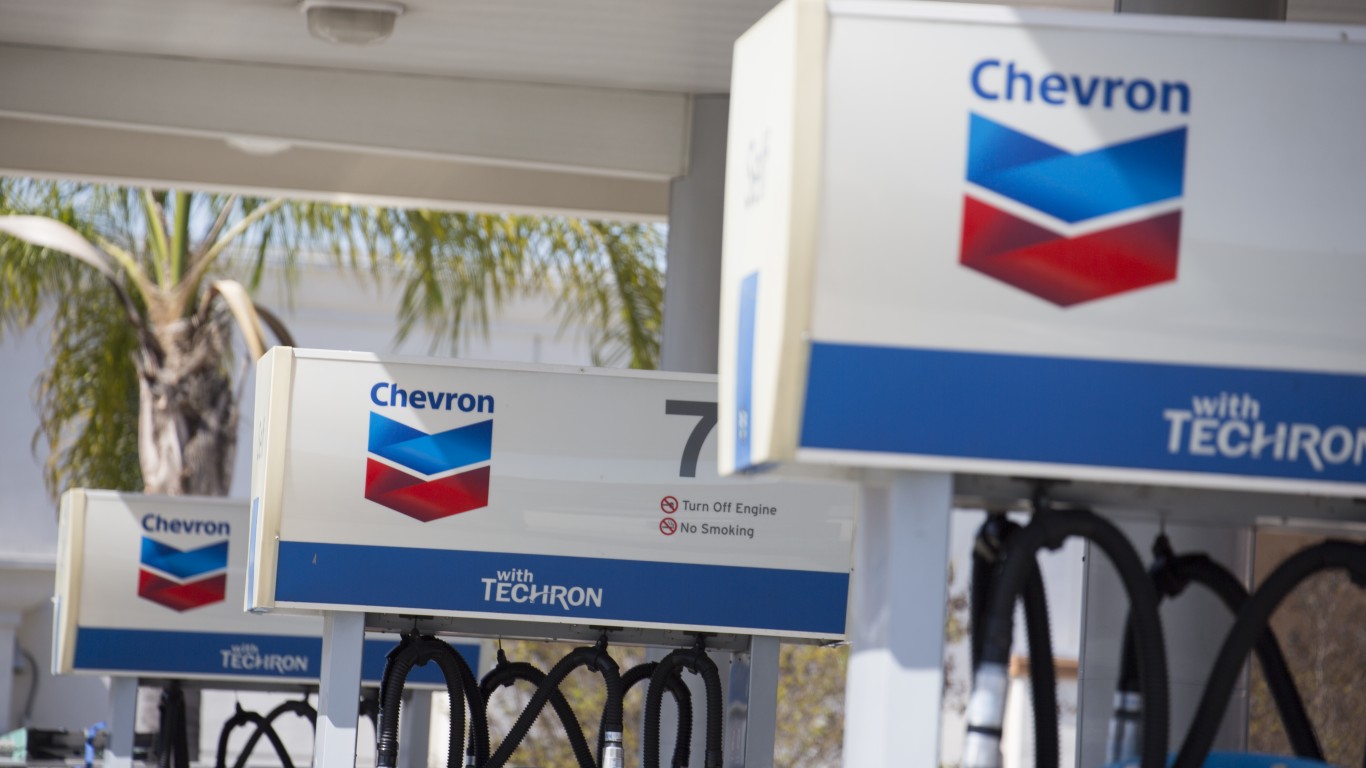
This integrated giant is a safer option for investors looking to position themselves in the energy sector and pays a rich 4.44% dividend. Chevron Corp. (NYSE: CVX) engages in integrated energy and chemicals operations worldwide through its subsidiaries. It operates in two segments.
The Upstream segment is involved in the following:
The Downstream segment engages in:
Chevron announced last fall that it has entered into a definitive agreement with Hess Corp. (NYSE: HES) to acquire all of the outstanding shares of Hess in an all-stock transaction valued at $53 billion, or $171 per share based on Chevron’s closing price on October 20, 2023. Under the terms of the agreement, Hess shareholders will receive 1.0250 shares of Chevron for each Hess share. The transaction’s total enterprise value, including debt, is $60 billion.
Three lawsuits have been filed against Hess, charging inadequate disclosure over the sale, and Chevron has said arbitration over Hess’s Guyana assets could delay the closing timeline until October 2025. However, most Wall Street analysts feel the deal will ultimately be completed, and Chevron will emerge even more powerful in the energy sector.
This is one of just two energy holdings in Berkshire Hathaway, which holds over 118 million shares of the integrated giant.
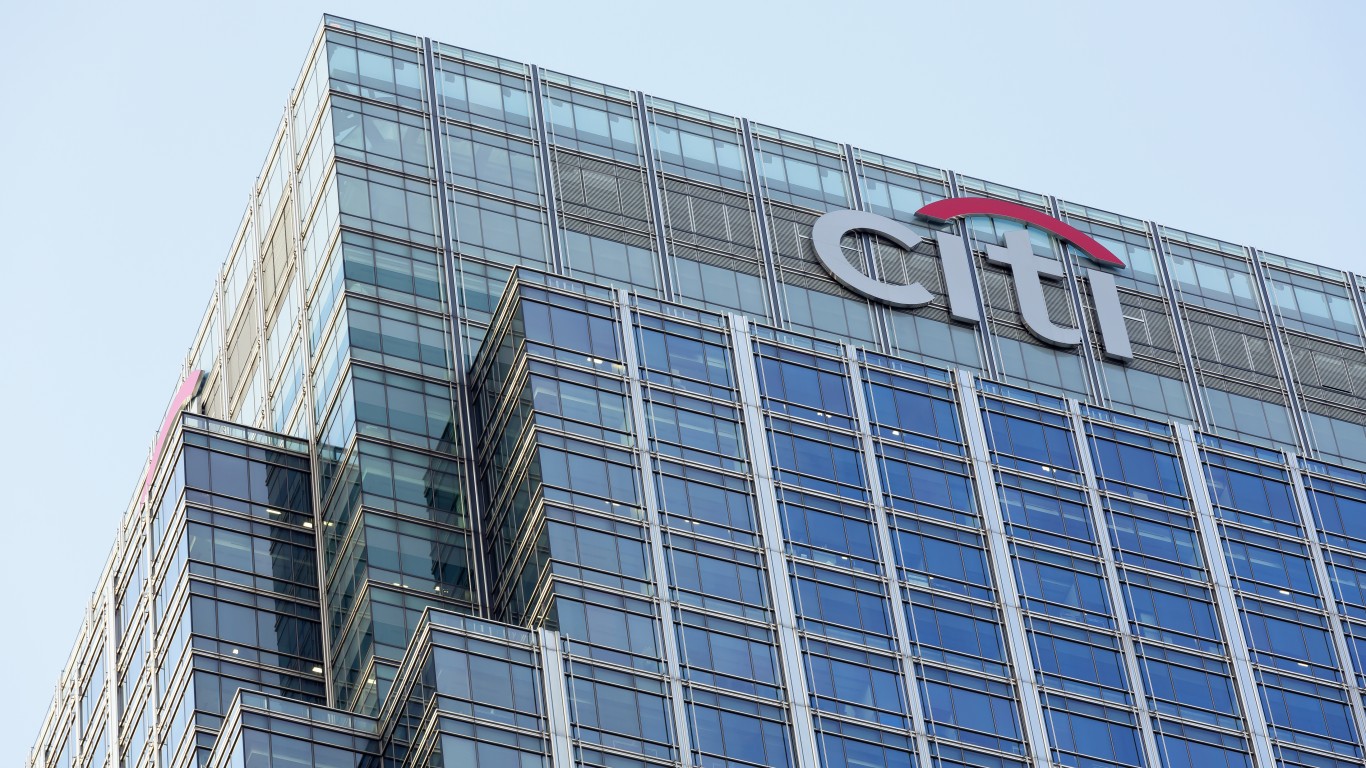
This is a top money center bank, and Warren Buffett bought a massive $2.5 billion worth of stock in the summer of 2022. The stock pays a dependable 3.49% dividend. Citigroup Inc. (NYSE: C) is a leading global diversified financial service company that provides consumers, corporations, and governments with a broad range of financial products and services.
Citigroup offers:
Citi operates and does business in more than 160 countries/ jurisdictions in North America, Latin America, Asia, Europe/Middle East and Africa (EMEA).
Trading at a reasonable 9.2 times estimated 2025 earnings, this company looks very reasonable in what remains a volatile stock market and in a sector that has lagged some in 2024 but looks to be gaining ground.
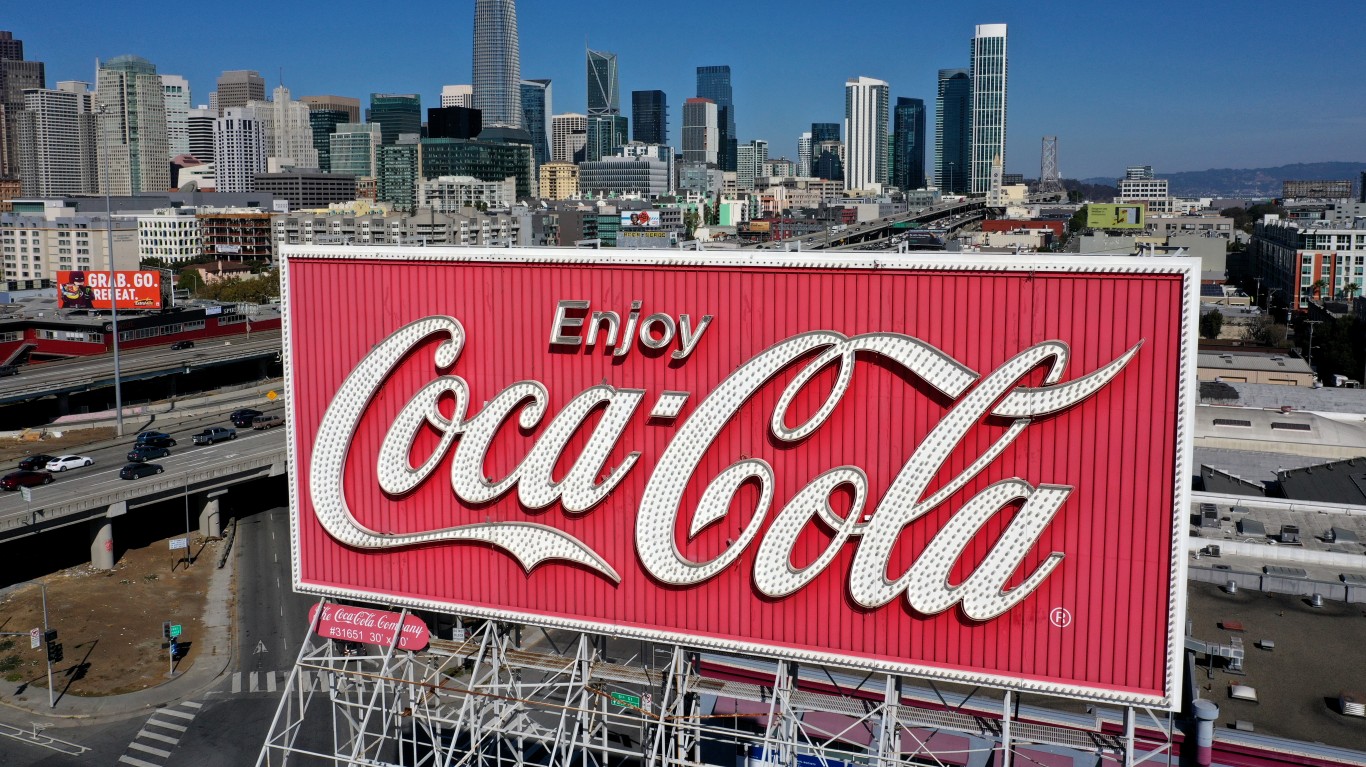
This company also remains a top Warren Buffet holding as he owns a massive 400 million shares. Shareholders are paid a solid 2.71% dividend. Coca-Cola Co. (NYSE: KO) is the world’s largest beverage company, offering consumers more than 500 sparkling and still brands.
Led by Coca-Cola, one of the world’s most valuable and recognizable brands, the Company’s portfolio features 20 billion-dollar brands, including:
Globally, the company is the number one provider of sparkling beverages, ready-to-drink coffees, and juices and juice drinks.
Through the world’s most extensive beverage distribution system, consumers in more than 200 countries enjoy the company’s beverages at a rate of more than 1.9 billion servings a day. It’s also important to remember that the company owns 16.7% of Monster Beverage Corp. (NASDAQ: MNST), which continues to deliver big numbers.
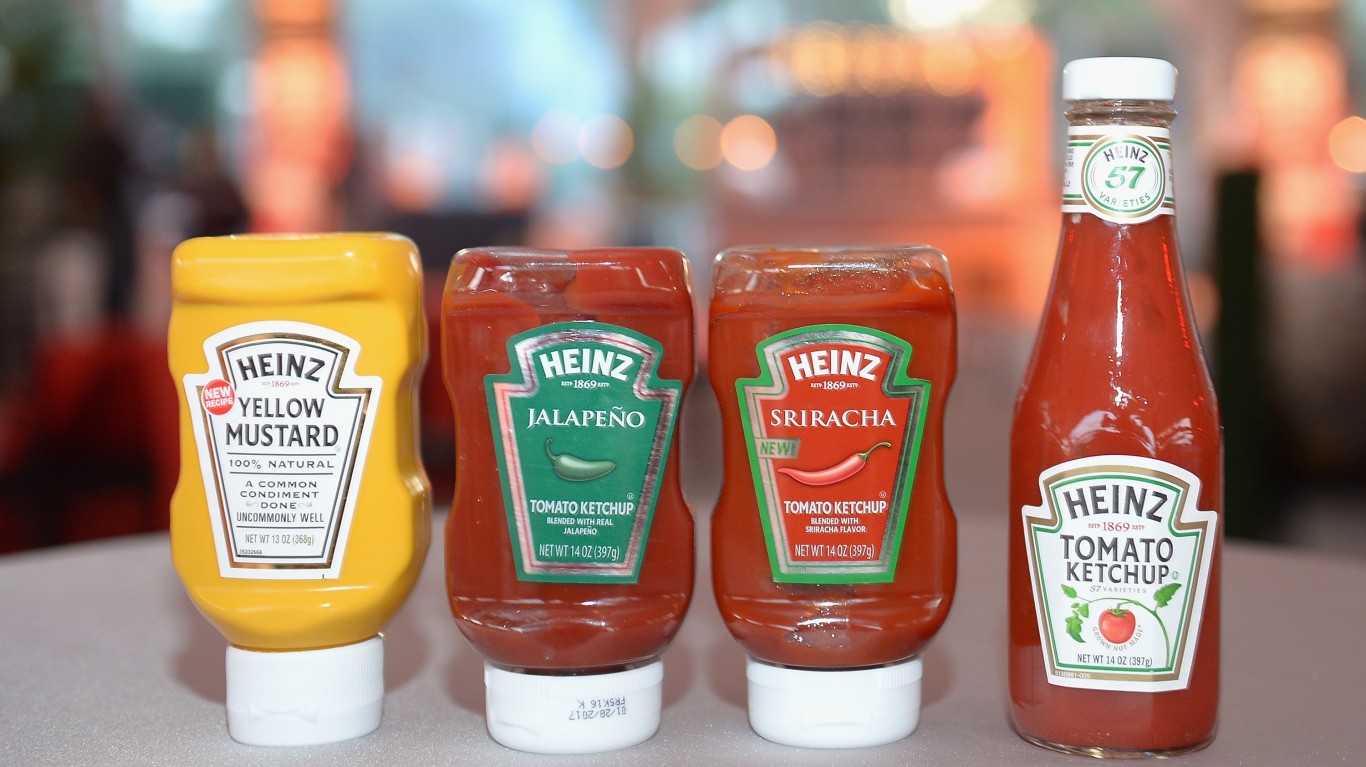
Even in bad times, everybody has to eat, and this company always stands to benefit while paying a tremendous 4.48% dividend. Kraft Heinz Co. (NYSE: KHC) was formed via the merger of H.J. Heinz Company and Kraft Foods Group.
The company is a leading global food company with estimated annual revenues of $25 billion from well-known brands such as Kraft, Heinz, Oscar Meyer, and Maxwell House.
Kraft Heinz is North America’s third-largest food and beverage manufacturer. It derives 76% of its revenues from that market and 24% from International.
The company’s additional brands include:
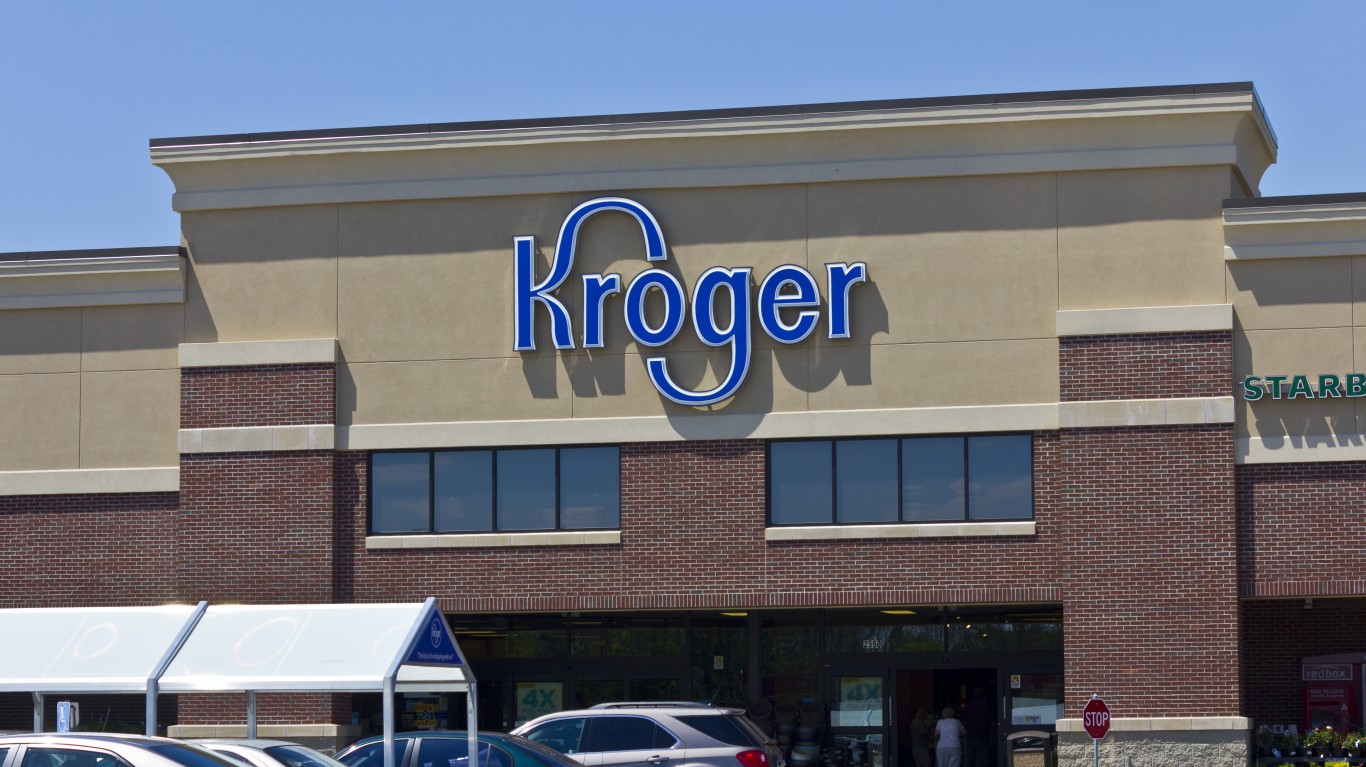
This grocery chain giant is always a solid and conservative idea that pays a 2.43% dividend. Kroger Co. (NYSE: KR) is a retailer in the United States. It operates combination food and drug stores, multi-department stores, marketplace stores, and price impact warehouses.
Its combination of food and drug stores offers:
Multi-department stores offer:
The company’s marketplace stores offer:
The company also manufactures and processes food products in its supermarkets and online; it sells fuel through 1,613 fuel centers.
Kroger owns 22 companies, including Harris Teeter, Smith’s Food and Drug, Ralphs, King Soopers/City Market, and Roundy’s Supermarkets.
Kroger is in the process of buying Albertsons Companies Inc. (NYSE: ACI) and will sell more than 400 stores and other assets for about $1.9 billion. This is to clear a path for a merger with antitrust regulators reviewing a deal that would merge two of the nation’s largest grocery chains. Negotiations with the Federal Trade Commission have proven difficult, and the two companies are in federal court to defend the merger.
Five Dividend Kings Provide Perfect Passive Income Streams for Retirement
Want retirement to come a few years earlier than you’d planned? Or are you ready to retire now, but want an extra set of eyes on your finances?
Now you can speak with up to 3 financial experts in your area for FREE. By simply clicking here you can begin to match with financial professionals who can help you build your plan to retire early. And the best part? The first conversation with them is free.
Click here to match with up to 3 financial pros who would be excited to help you make financial decisions.
Thank you for reading! Have some feedback for us?
Contact the 24/7 Wall St. editorial team.